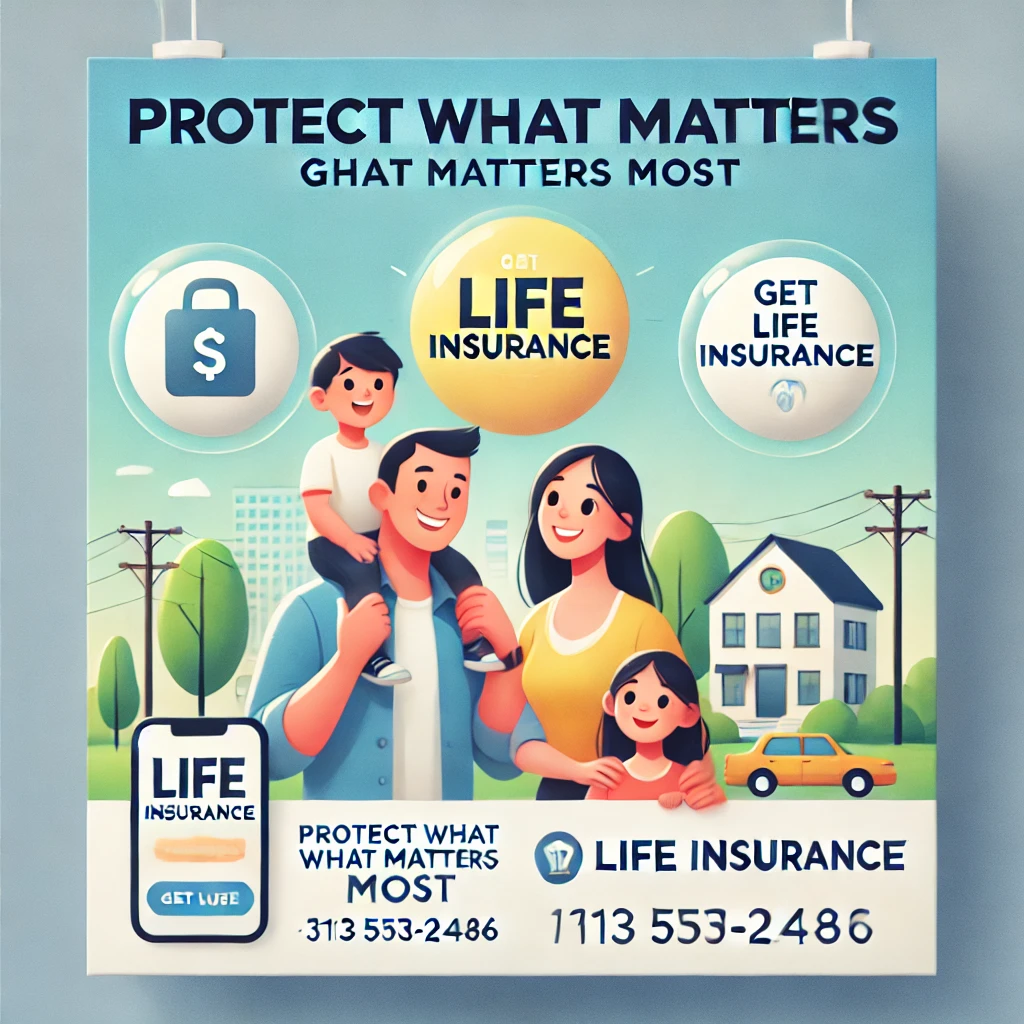Jun 06, 2023
Term life insurance policies are good for temporary coverage, but lack many wealth-building features.
For many people searching for life insurance, a term life insurance policy could be a good fit. These policies cover a person for a set number of years and expire after that period. Unlike other types of life insurance, it doesn’t build cash value and may not pay out at all if you live longer than the term. While the right type for you ultimately depends on your goals and personal situation, term life insurance can be an affordable way to gain coverage that will protect your family and loved ones when they need it most.
Term life insurance is relatively accessible — many insurance companies sell term life insurance products. To get started shopping, we’ve done some of the hard work for you. CNBC Select looked at several of the top insurance companies and chose Guardian as the best company for term life insurance policies, thanks in part to how its website makes it easy to research cost estimates. And our top life insurance pick overall, Northwestern Mutual, also offers term life insurance policies and has a high customer satisfaction rating. Here’s what you need to know about term life insurance and whether it’s the right choice for you.
What is term life insurance?
Term life insurance is a type of insurance that covers a policyholder for a set period, generally 10 to 30 years. If the insured person dies within this period, their beneficiaries will receive a death benefit (the amount set by the terms of the life insurance contract). If the insured person doesn’t die during this period, the policy lapses and there’s no payout or value to the policy. While there are two types, level term and decreasing term, the most common type on the market is level term. With this type of term life insurance, the death benefit stays the same throughout the life of the policy. Unlike universal life insurance and other types of permanent life insurance, term life insurance doesn’t build cash value — an amount that can be withdrawn and used over your lifetime for things like paying premiums or covering expenses. But term life insurance does tend to cost less in premiums (or the amount you’ll pay to keep your policy in force) each month.
According to data from Policy genius, the average 35-year-old female would pay about $24 per month for a term life insurance policy with a 30-year term and $250,000 of coverage, while the average male of the same age would pay about $28 per month for the same policy. A female and male of the same age buying $250,000 of guaranteed universal life insurance (where a policy could build a small amount of cash value and would have a guaranteed death benefit) would pay about $117 per month and $130 a month, respectively. Who is term life insurance for? Term life insurance can be a useful tool for those looking for affordable, temporary coverage. While its cost varies based on many factors — including your age, gender, and the amount of coverage you’re buying — term life insurance is generally cheaper than permanent life insurance coverage. This type of life insurance works best when you only need coverage for a certain number of years, like when your young children are still at home or before you pay off a mortgage. However, it may not make sense for everyone. You can’t use term life insurance as a vehicle to build wealth like you can with certain permanent life insurance policies. And if you’re older, it probably doesn’t make sense to get a term life insurance policy that will lapse and leave you scrambling for coverage as an elderly person. What are the pros and cons of term life insurance versus permanent life insurance? Term life insurance and permanent
cheaper premiums than those of permanent life insurance
Term life insurance typically has lower premiums than permanent life insurance because you aren’t typically accumulating lifetime coverage with them.
Cash value is not accrued by term life insurance.
A term insurance policy won’t help if you want to accumulate cash value that you can use in the future. Permanent insurance plans, such as universal and whole life insurance, will, nonetheless, accrue cash value.
Term life insurance expires eventually.
To find out more about if term life is right for you,
visit us at www.Get-Life-Insurance.com
or call us at (313) 561-2486




